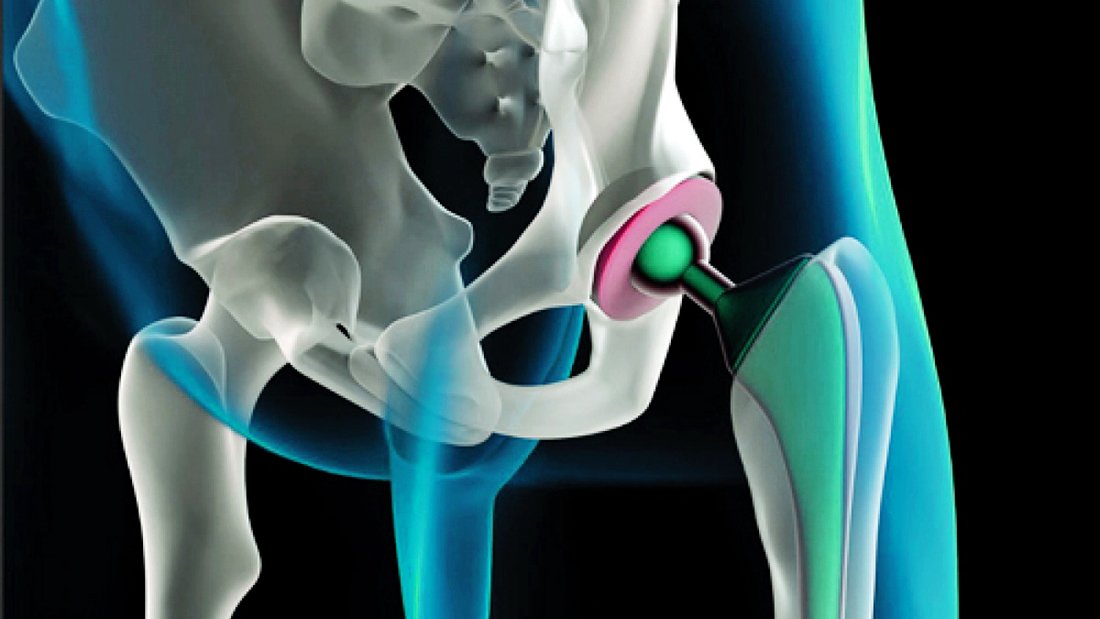What is a Hip Fracture?
A hip fracture is a severe injury that may hamper your ability to walk. Most people fracture their hips at the upper area of the femur, where the thighbone meets the hip joint. The injury usually requires surgery and physical therapy for a full recovery. The surgeons use ortho implants and orthopedic tools in the surgical procedure.
Hip Fracture Treatments
A fractured hip is a far more serious injury than just any broken bone. A hip fracture, especially in the old age, can greatly hinder the quality of life. If you suspect you have fractured your hip, the best thing to do is to take immediate medical treatment.
When to Seek Medical Attention
While women over the age of 65 are at the highest risk, anyone can suffer a fracture of the hip. If you have any of the following symptoms, you must consult an Orthopedic Specialist at once.
- Severe pain from the hip or groin area- Swelling or inflammation in the hip
- Bruising- Unable to put pressure or weight on the leg
- If you have recently suffered an accident or fall and are experiencing any of these symptoms, seek immediate medical attention.
Do I Need Surgery?
In most cases, surgery is the best way to fix a fractured hip with the help of orthopedic Hip implants. If you are in stable medical condition, most surgeons will want to operate 8 to 24 hours after you have arrived at the hospital. Delaying further will only add to your suffering and pain and increase the chance for complications and infections.
What to Expect if you Need Hip Surgery?
When you first go to the hospital, your doctor will most likely need to do some imaging test to confirm the diagnosis. This could mean either computed tomography (CT) scan or magnetic resonance imaging (MRI).
After you are properly diagnosed, your doctor will schedule surgery as soon as possible. If you have any other health problems, your doctor might delay your procedure and wait until you are in stable enough medical condition for hip surgery.
Recovery After Hip Surgery
After your surgery, your physician will work with you to customize a recovery plan that fulfills your needs. Every patient is different and there recovering pace too. In most cases, you will stay in the hospital for around 4 days before being discharged to initiate your physical therapy. A rehab program is vital and reduces the need for a walker or cane.
The most important thing to remember after your surgery is to be patient. Recovery can be a challenging and long effort and could take as long as a year. Even then, some patients may never be able to move around as they could before their hip fracture. The best thing is to keep a positive outlook and not be discouraged.
Who at a Risk of a Broken Hip?
While anyone can break their hip, these fractures are more common among women and old people, because of decreased bone density and length. Here are some more aspects that put one at greater risk of fracturing their hip:
- Heredity: If your family members typically have a thin, tall frame or if any of them have fractured their hips before.
- Lack of activity: Those who do not get enough exercise that bears weight on their hips (even something as simple as walking) may not have strong hip bones.
- Improper nutrition: Vitamin D and calcium help our bones grow strong. Diets that do not have these components may result in weak bones.
- Arthritis: Those with arthritis typically have weakened bones, putting them at higher risk of a hip fracture.
- Other medical conditions: Any conditions that cause problems with balance or dizziness may put one at greater risk of falling, which can result in a broken hip.







